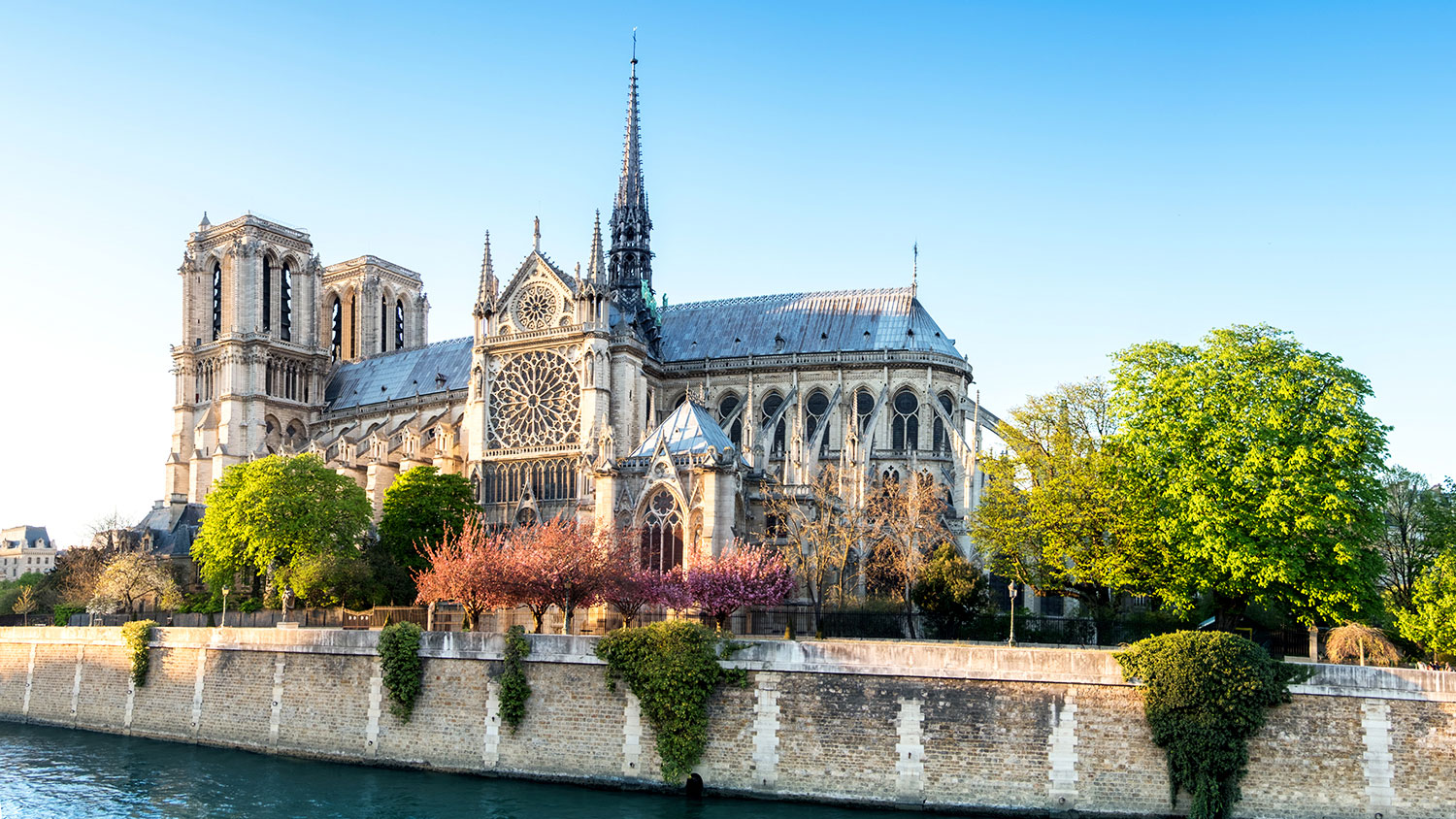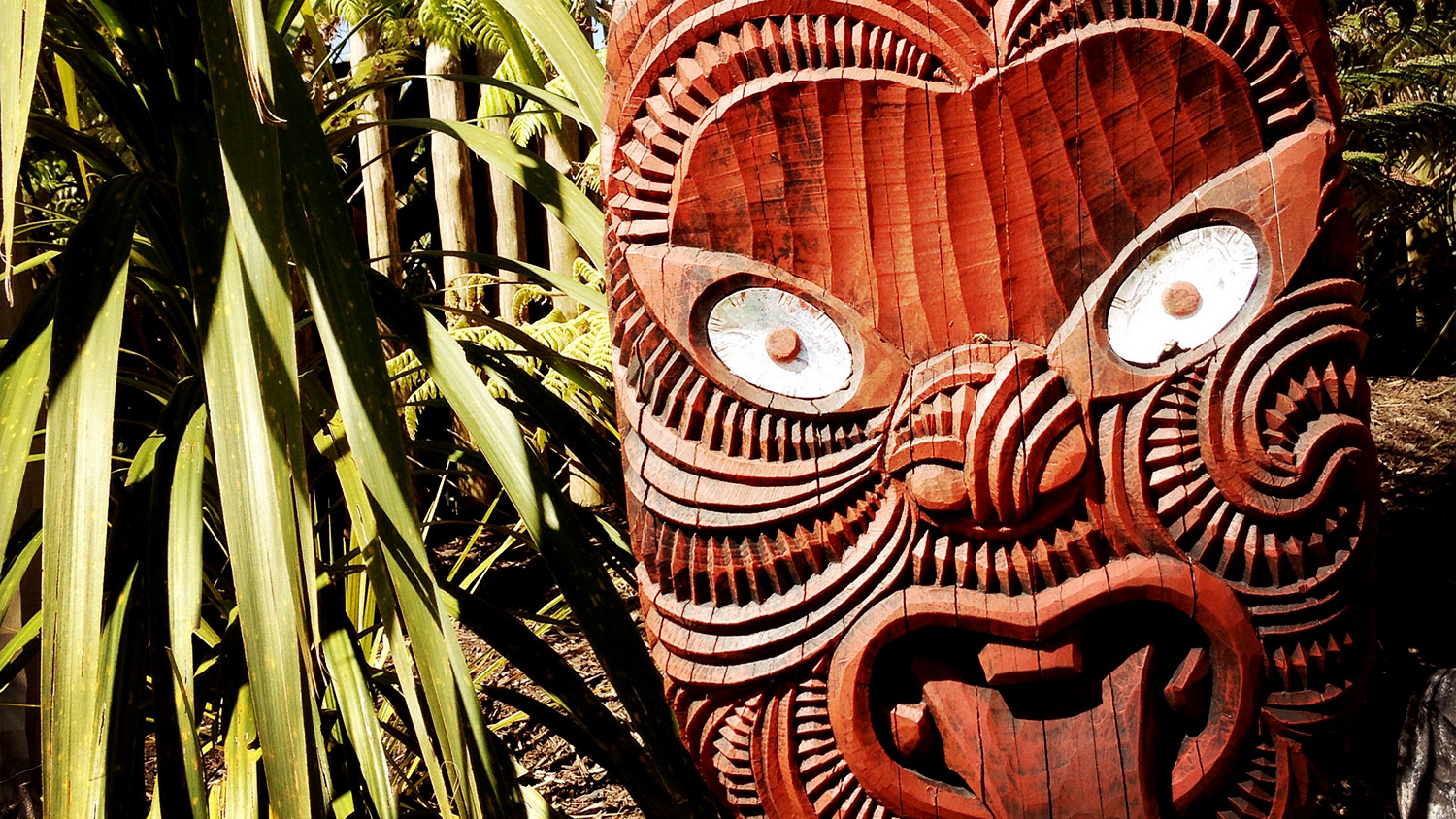Educational and Cultural motivator has the following reasons to travel in its' category.
This is when the purpose for travel to other countries is for educational reasons like studying, research, or to gain qualifications.
Some students will travel to another country to study so that they can experience cultural differences. Perhaps they want an opportunity to learn a second language like Spanish, so they choose to study in a University in Spain because this will make it easier to learn.
Certain universities in the world specialise in particular subjects, so students can apply to study there in the hope that they will receive specialised learning.
Many training providers or workplaces offer ‘placements’ overseas to allow students/employees to specialise or cement what they’ve learnt in a different environment.

People travelling to learn more about the past, who want to discover their roots. travel to buildings, historical sites, works of art and monuments are linked to heritage tourism.
These sites could be a combination of the natural, cultural, and architectural environment.
Examples: Dunedin – Larnach castle, Olveston House, London – Westminster abbey, Buckingham Palace, Paris - Notre dame, Bay of Islands - Waitangi treaty house, TSS Earnslaw/the stone house at Kerikeri.

This is when the purpose of travel is for a cultural experience. For instance, a tourist coming to New Zealand to experience New Zealand and Maori culture. They are hoping to experience and learn about a culture (including historical information, language and traditions) that is different from their own.
Cultural tourism focuses on traditional communities who have diverse customs, a unique form of art and distinct social practices, which makes it obviously different from other forms of culture. It also focuses on those cultures that have a vast history.
Yee Peng Festival, Thailand

Maori Artwork, New Zealand

Cinco de Mayo- Dia De los Muertos (day of the Dead), Mexico

Ancient Art work on Temple Wall, Egypt

Food offering to a Monk- demonstrates respect for their good work, Mayanmar

Holi Phagwa Festival, India

